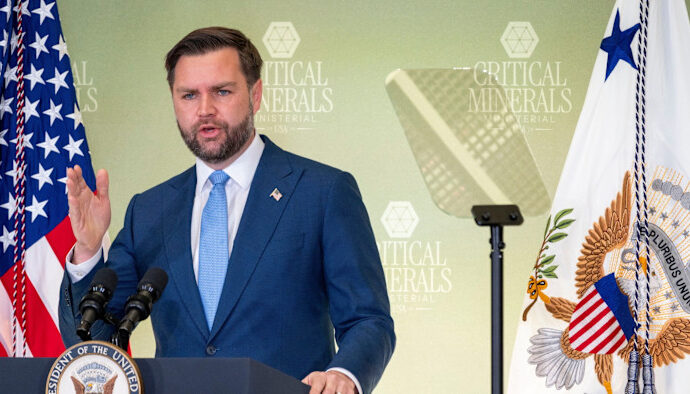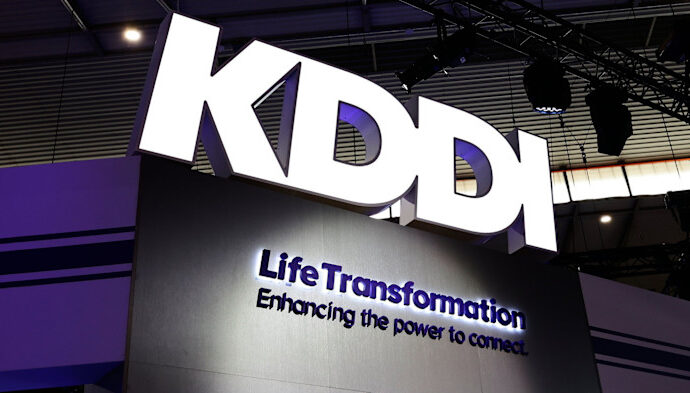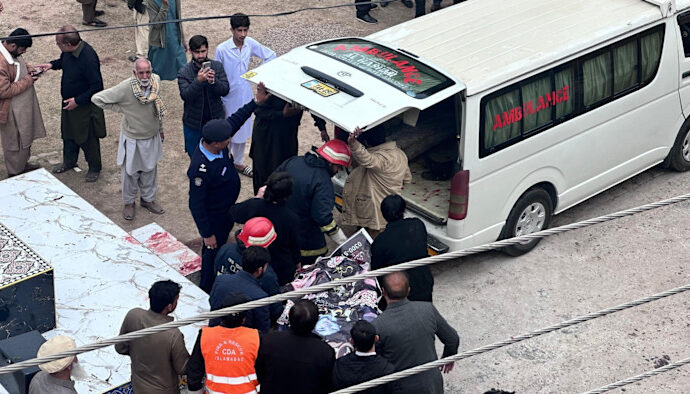Unlock the White House Watch newsletter for free
Your guide to what Trump’s second term means for Washington, business and the world
South Korea’s labour minister has said that “not even prisoners of war” would be treated as badly as hundreds of Korean workers detained by US immigration authorities following a raid at a Hyundai-LG battery plant in Georgia.
The comments by Kim Younghoon, a former rail union boss and close ally of left-wing president Lee Jae Myung, reflect widespread outrage in South Korea at the treatment of the workers by the Asian nation’s closest ally.
Kim told the Financial Times he had been “shocked” by images of Korean workers at the plant being shackled by armed Immigration and Customs Enforcement agents last week.
“The way it was done, it felt like . . . not even prisoners of war would be treated like that,” he said. “That was the shock that many of our people felt and I felt the same way.”
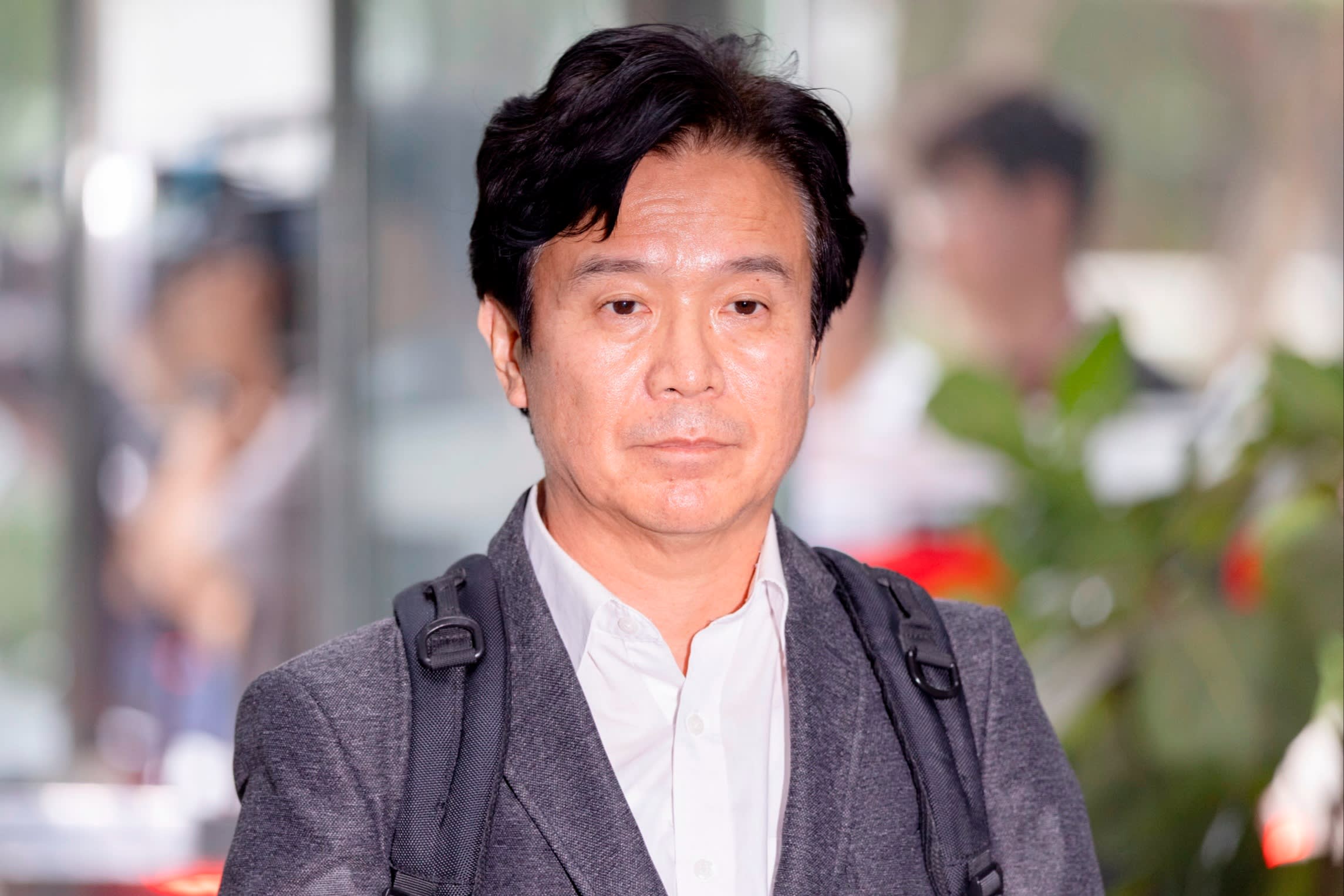
While acknowledging Washington’s right to crack down on undocumented workers, Kim said in an interview at the labour ministry that the Korean workers in Georgia “were not taking jobs from American workers, but building a plant that would employ Americans in the future”.
A flight with 330 of the workers detained in the raid landed at Incheon international airport outside Seoul on Friday afternoon following a week of intense diplomatic negotiations for their release. They were greeted with cheers from family members and South Korean officials as they were led to buses to take them home.
“I am back. I am free,” one worker shouted, raising his arms aloft as he entered the airport terminal.
“I am so happy to be back. I was dumbfounded [that they detained us],” said Byun Soo-sung, another repatriated worker.
Vice foreign minister Park Yoonjoo and the president of LG Energy Solution, Kim Dong Myung, accompanied the workers on the flight from the US.
Park said at the airport that Korea and the US had agreed to set up a joint working group to address short-term visa issues for Korean workers and would make preparations to address the problems “comprehensively”.
Foreign minister Cho Hyun said the Korean government would discuss setting up a separate visa desk in the US embassy in Seoul for Korean businesses investing in the US, and that his American counterpart Marco Rubio had promised the workers would have no trouble re-entering the US.
The workers’ flight was delayed on Wednesday after President Donald Trump made them a last-minute offer to remain in the US. But only one elected to stay, with many who returned to Korea vowing never to return to America.
Kim, the labour minister, said that Korean companies involved in building the Georgia plant “share responsibility” for the episode.
Noting that many of the workers arrested in Georgia had been working on behalf of Hyundai’s construction affiliate, Kim said that while they were not formal employees, “of course the arrested workers were working for Hyundai” and “everybody knows that this happened in the process of building a Hyundai plant”.
In a statement released following the raid, Hyundai referred only to “the immigration enforcement action that took place at the construction site of its supplier,” without mentioning that the company in question, HL-GA Battery Company, is 50 per cent-owned by the Korean auto group and located on Hyundai’s “megasite” in Bryan County, Georgia.
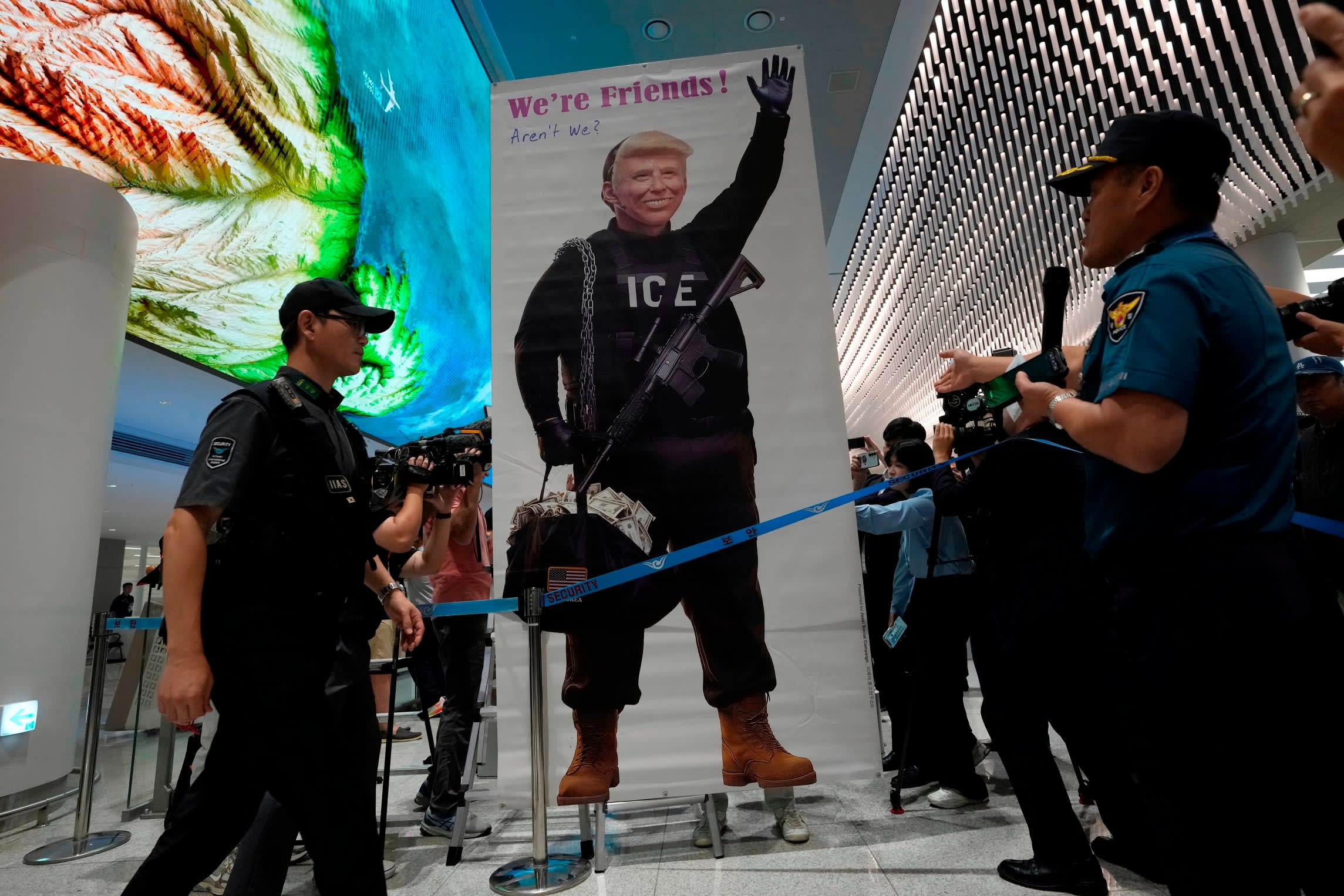
LG declined to comment. Hyundai did not immediately respond to a request for comment.
Business groups and South Korean officials have admitted that Korean companies often used unsuitable visas for workers sent to the US to build multibillion-dollar advanced plants. But they insist Washington left them in an “impossible position” by refusing to facilitate short-term working visas that would allow projects to be completed on time.
Another returning worker said that “we should have followed the rules properly”. Seoul should negotiate the visa issue with Washington, the worker said, but added that “I don’t want to go back to the US”.
“We’re friends! Aren’t we?” read a placard held by Lee Jae-seok, one of a small handful of protesters demonstrating at the airport against the US treatment of the workers. “It is against the Korea-US alliance,” Lee said.
“Trump should repent for his bad, unpredictable behaviour,” said Hong Jeong-sik, the 75-year-old leader of civic group Hwalbindan. “We are investing a huge amount of money in the US. But who will now invest there in this environment?”
